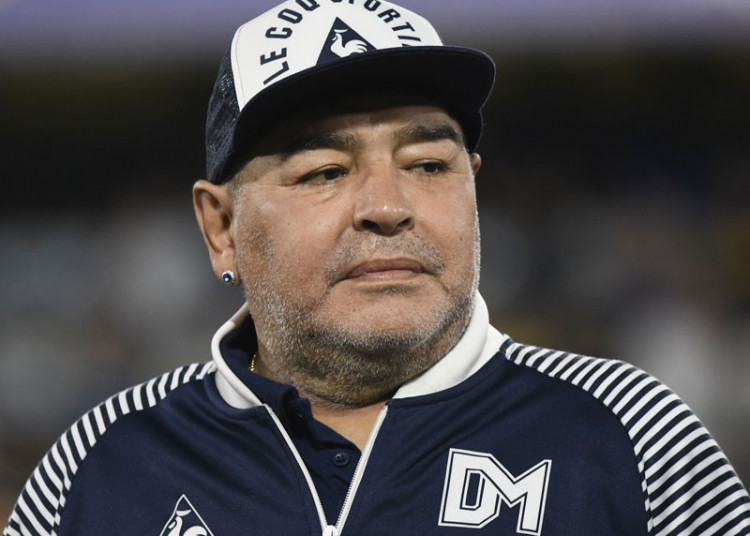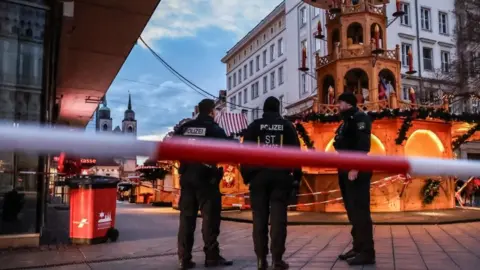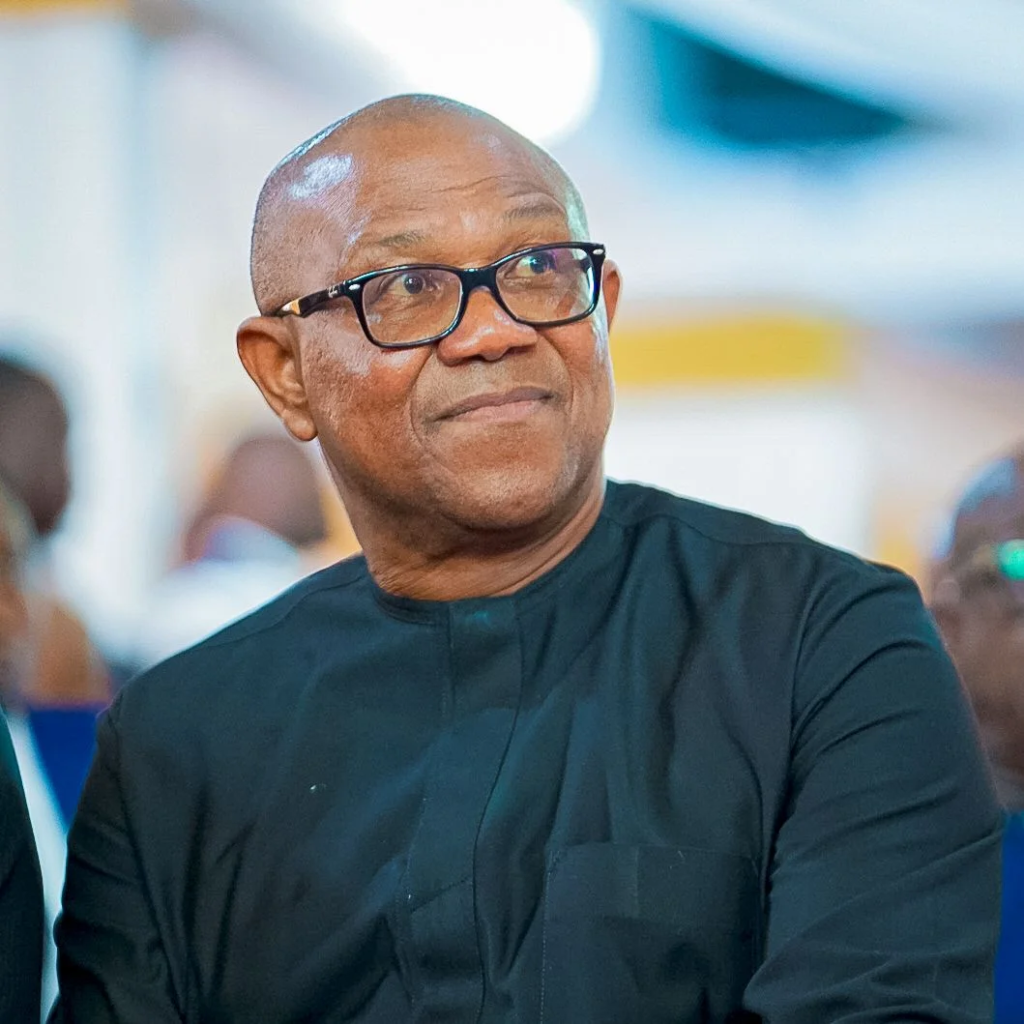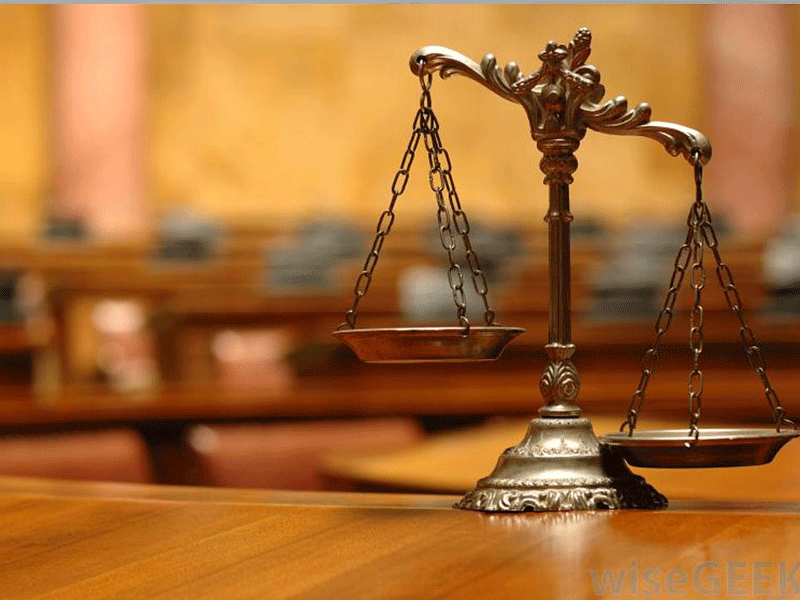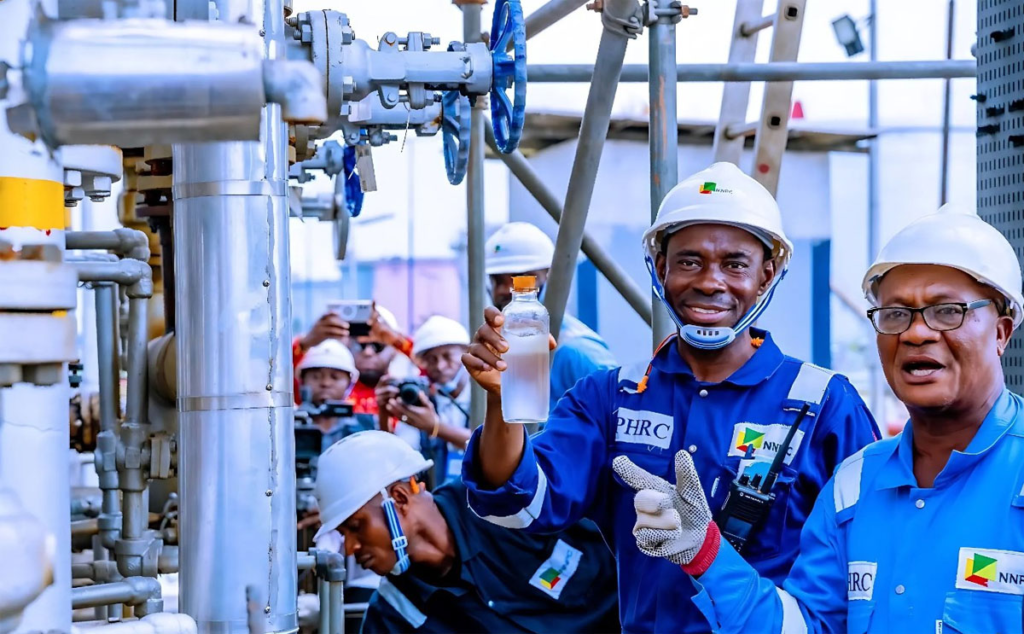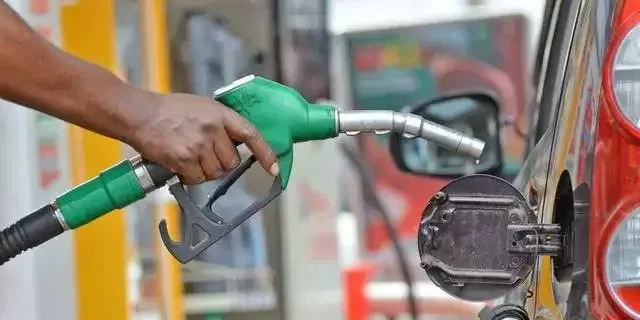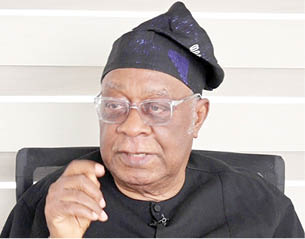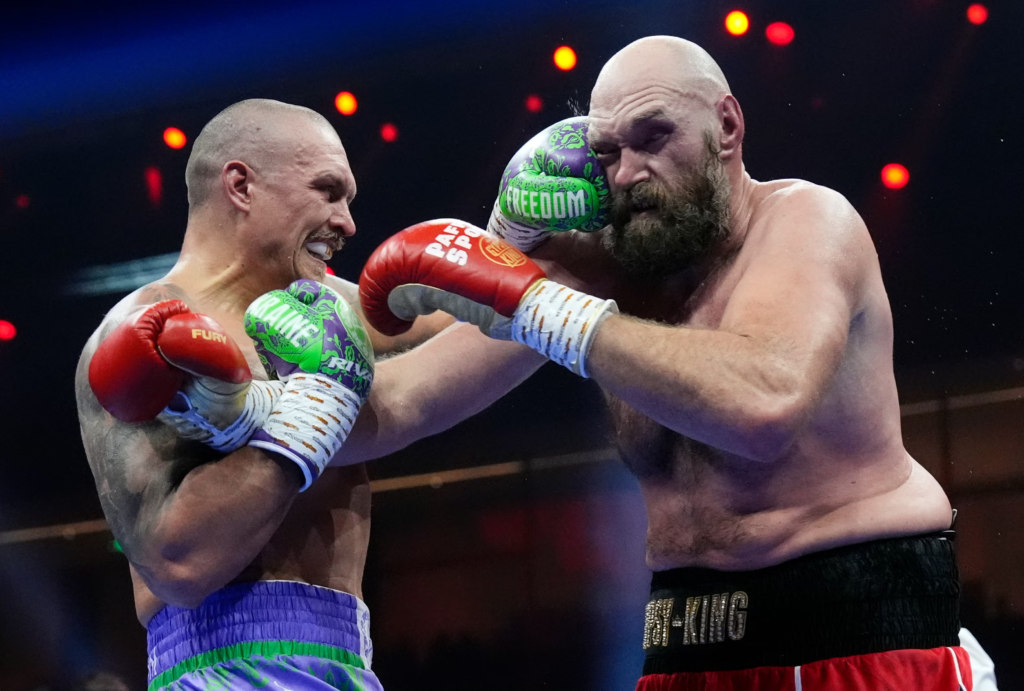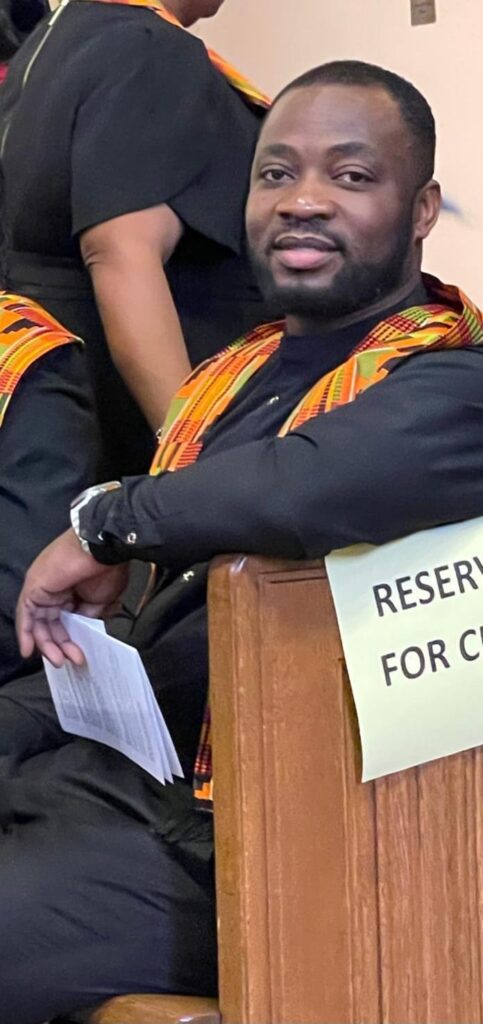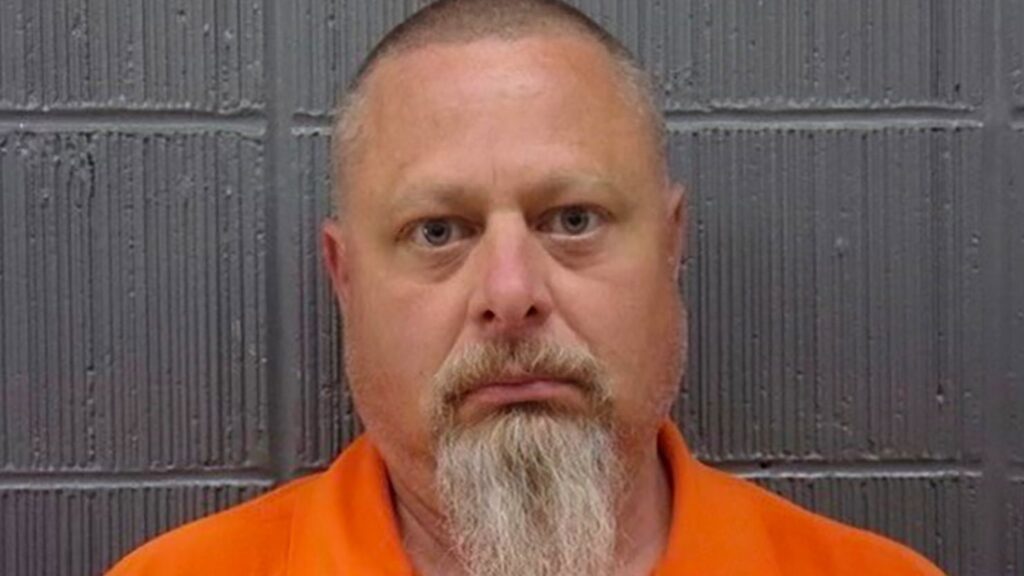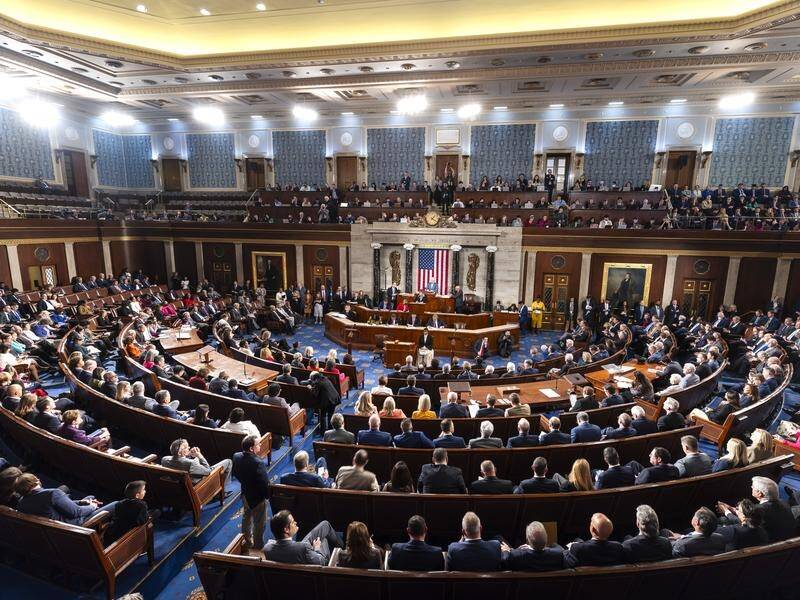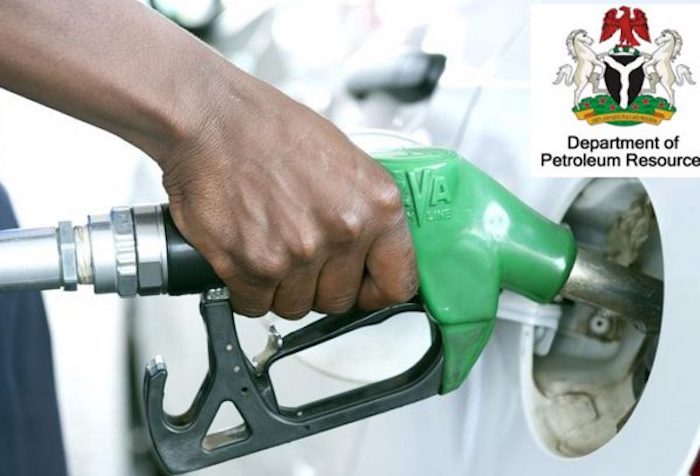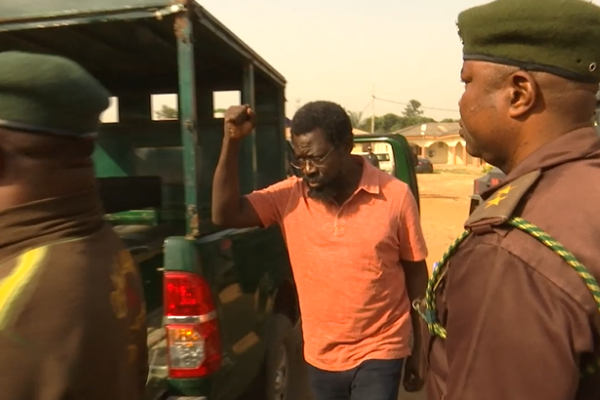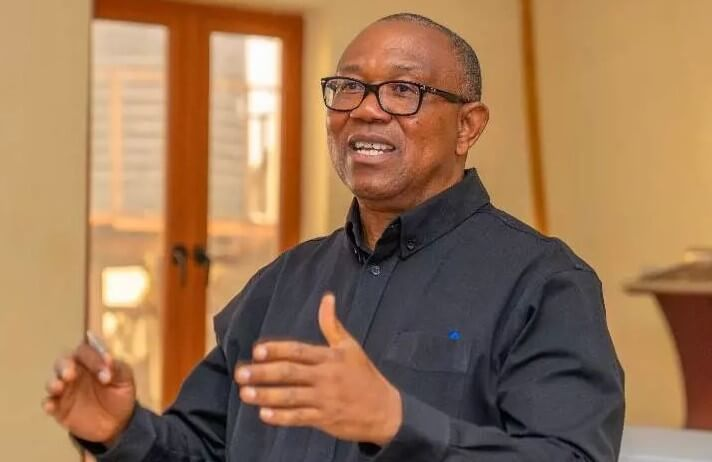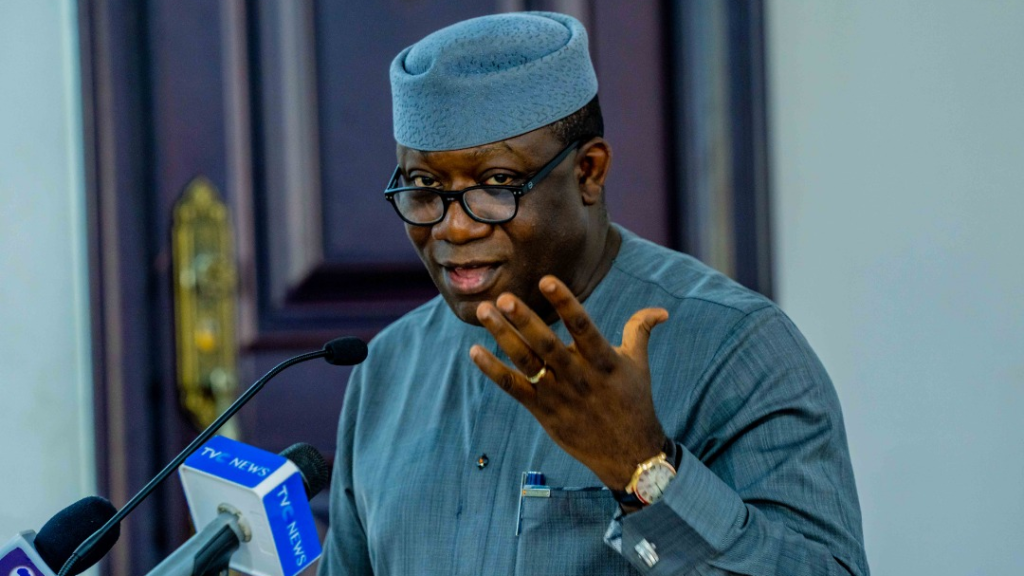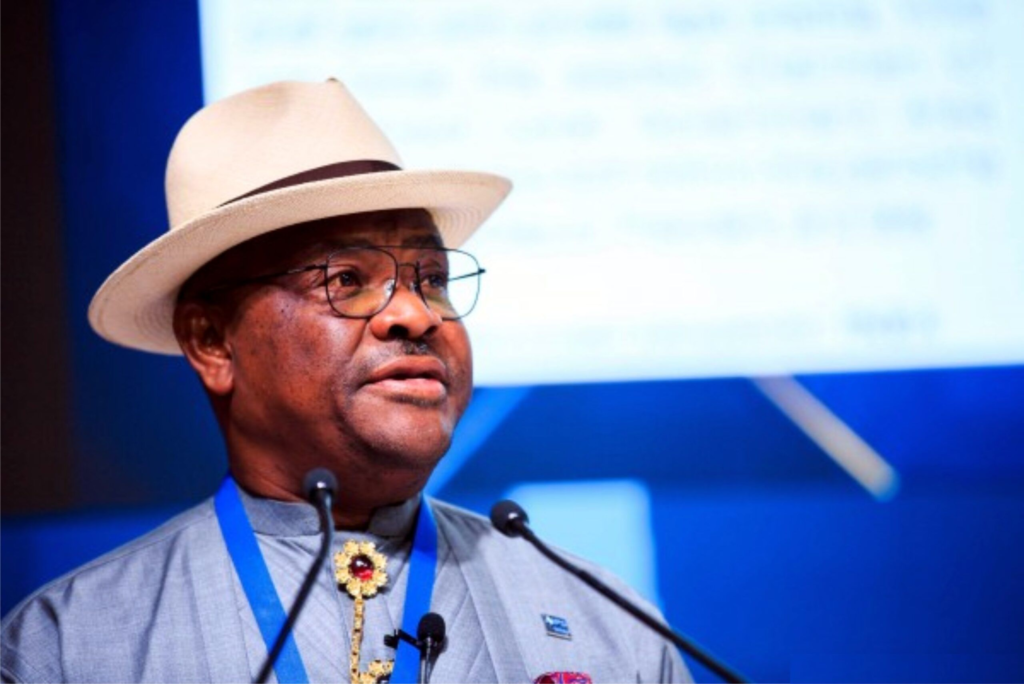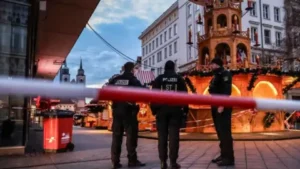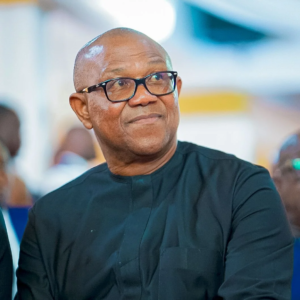Hundreds of Argentines protested on Wednesday to demand justice for the death of Diego Maradona, as experts met earlier this week to investigate how the football legend died and whether there had been any medical negligence in his case.
Demonstrators donned Argentinian football jerseys, held banners and flags emblazoned with Maradona’s face, as well as a cut-out of the superstar, during a rally in central Buenos Aires, the capital.
“He did not die, they killed him!” the organisers of the rally said in materials sent out on social media. “Justice for Diego. Trial and punishment of the guilty.”
Considered one of the world’s greatest football players, the 60-year-old died in November after suffering a heart attack in the city of Tigre.
Maradona holds god-like status in his home country after leading Argentina to a World Cup title in 1986 and tens of thousands of Argentines poured out into streets after his death to pay tribute and say goodbye.
Al Jazeera’s Teresa Bo, reporting from Buenos Aires on Wednesday, said the protesters “are convinced that Diego Maradona’s entourage – the people that surrounded him before his death – are responsible” for his death.
“People blocked this road … There’s lots of police. There’s been some small clashes between the police and fans,” Bo said.
On Monday, a medical board convened by Argentina’s public prosecutor met to analyse Maradona’s death on November 25, just weeks after he underwent brain surgery on a blood clot.
Investigators are looking at whether members of Maradona’s medical team did not adequately treat him and whether to mount a case for wrongful death. A conviction could result in a prison sentence of up to 15 years.
The panel of experts, made up of 10 official specialists and 10 more selected by the interested parties, is due to deliver its findings in two or three weeks.
Maradona’s neurosurgeon Leopoldo Luque, psychiatrist Agustina Cosachov and psychologist Carlos Diaz are under investigation as well as two nurses, a nursing coordinator and a medical coordinator.
“Prosecutors in Argentina are convinced that his entourage are responsible for his death,” Bo reported.
In late December, an autopsy showed that Maradona – who had battled alcohol and drug addiction for much of his life – did not consume alcohol or illegal narcotics in the days before his death.
It revealed that he had problems with his kidneys, heart and lungs, however.
Maradona also had taken seven different medicines to treat depression, anxiety and other ailments, an official told the Reuters news agency at that time.

